How to clean stainless steel appliances – for a gleaming finish
Keep your kitchen kit looking good as new with our expert advice on how to clean stainless steel appliances
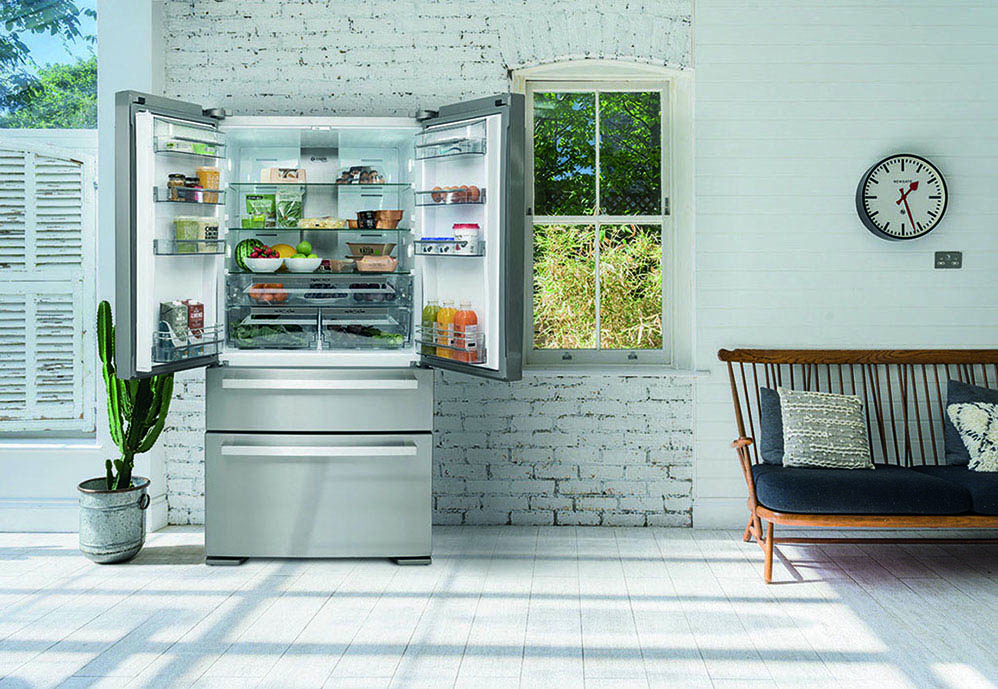

Wondering how to clean stainless steel appliances for the best results? It is one of the most popular finishes for kitchen appliances, and a stainless steel oven, range, refrigerator or dishwasher has a professional look and complements both modern and traditional kitchen designs.
But fingerprints and smears can accumulate as you use stainless steel appliances and compromise the pristine finish, making effective and easy solutions as part of the routine for cleaning a kitchen a must.
Here, we take a look at the remedies to smudged and marked stainless steel and reveal the tactics the experts use to keep it looking clean and shiny.
How to clean stainless steel appliances
The answer to how to clean stainless steel appliances is that you can do it with store-bought products, or with what you already have at home.
‘There are lots of specialist stainless steel cleaners on the market which are great for making your appliances shiny and streak-free again,’ says Lucy Searle, global editor-in-chief of Homes & Gardens.
‘Personally, I’m a fan of homemade cleaning solutions and repurposing products that are used elsewhere in the home. Baby oil is a product we often use when photographing kitchens for Homes & Gardens, as it really brings out the shine.’
1. Wipe away smudges on stainless steel
Before you begin cleaning stainless steel appliances, always check the manufacturer’s cleaning instructions online or the booklet that comes with the appliance. Not all steel finishes are the same, and yours may have a special coating that needs a specific cleaning product or simply just a wipe with a damp cloth.
Stainless steel can look really streaky really quickly. It’s also prone to fingermarks, which can be frustrating as kitchen appliances get so much daily use, making it hard to keep on top of it all. The good news is that it’s really easy to clean.
Start by wiping away any smudges with a clean cloth – you may need to use a little bit of elbow grease. Alternatively, opt for specialist stainless steel cleaning products, which are designed for use on kitchen appliances in particular.
‘Biomex cleaning paste has lasted me for many months and is still the best shop-bought product (in my opinion) at cleaning stainless steel,” says The Little Green Cleaning Company.
2. Remove streaks from stainless steel
No-one wants a streaky steel finish so work with the direction of the metal’s grain for best results. Streaks can appear if you wipe against the grain or in a circular motion. Other pitfalls when cleaning stainless steel appliances are not using enough cleaning product or failing to dry the surface thoroughly afterwards. A clean microfiber cloth is best, as this helps to dissolve grease and gives extra shine.
‘Stainless steel is commonly found in kitchen surfaces as it’s hard wearing and doesn’t rust like most other metals,’ says metals expert Paul McFadyen at Metals4U.
‘When cleaning it you should be really careful not to use anything too abrasive that might damage the metal coating. I advise using baking soda mixed with water to form a paste to remove any dirt or grease, as it is non-toxic. Be sure to rinse the area well after treating, and dry it with a microfiber cloth to prevent watermarks.’
3. Make stainless steel appliances shine
Only specialist cleaning products designed for stainless steel appliances will give perfect results. This is because they are formulated to remove marks and smears as well as lifting grease. Some products have a protectant that helps prevent fingermarks reappearing, so look out for these if you don’t want to constantly be cleaning.
4. Opt for homemade stainless steel cleaners
Prefer a homemade route to cleaning stainless steel appliances? Try these recipes but always do a spot test first on a small area that is hard to see, just to make sure it doesn’t affect the surface.
Distilled white vinegar and olive oil can be a great stainless steel appliance cleaner. Dampen a microfiber cloth with the vinegar and rub with the grain of the stainless steel to get rid of grease and dirt. Leave to dry then dampen the cloth with a spot of olive oil. Again, work it into the surface by going with the grain.
Another method is to use dish soap and baby oil. Dilute a teaspoon of dish soap into one quart of warm water. Dampen a microfiber cloth with this solution and clean the stainless steel, working with the grain. Next, take a clean microfiber cloth and dampen in clean, warm water. Wipe the surface, leave to dry, then work in a drop of baby oil.
Queen of Clean Lynsey Crombie is a fan of this method. ‘Do not throw away your baby oil,’ she says on her blog. ‘Many of us buy baby oil ready for parenthood but it doesn’t always get used and ends up lurking in the back of your bathroom cupboard. Baby oil isn’t just for babies – this cheap product has many uses around the home. Buff up your stainless fridge freezer, but remember to follow the grain for the perfect finish and watch those finger marks disappear.’
5. What to avoid when cleaning stainless steel appliances
You can buy stainless steel cleaning products designed specifically for sinks or cookware, but don’t be tempted to use these on your appliances, as they can be abrasive and scratch the finish.
Other things to watch out for are scouring powders, steel or wire wool pads, bleach and ammonia, which can all damage the appliance’s finish.
Don’t wipe clean against the grain of the stainless steel, otherwise you’ll get streaks and always finish off by wiping with a clean, dry cloth as this will stop streaks and stains after cleaning.
What is the best home remedy to clean stainless steel?
Skip the store-bought stainless steel cleaners and grab a bottle of vinegar from your pantry instead. You can even use it to remove rust from stainless steel. Fill a spray bottle with undiluted white vinegar. Using a soft cleaning cloth or paper towel, wipe the vinegar on the surface until it’s dry. Rinse with water.
What should you not use on stainless steel?
Seven cleaning products you should never use on stainless steel are harsh abrasives, scouring powders, steel wool, bleach and other chlorine products, glass cleaners that contain ammonia such as Windex, tap water, especially if yours tends to be hard water (use clean distilled or filtered water instead) and oven cleaners.
Sign up to the Homes & Gardens newsletter
Design expertise in your inbox – from inspiring decorating ideas and beautiful celebrity homes to practical gardening advice and shopping round-ups.

Hayley is an interiors journalist, content provider and copywriter with 26 years experience who has contributed to a wide range of consumer magazines, trade titles, newspapers, blogs and online content. Specialising in kitchens and bathrooms, she has twice won the CEDIA Award for Best Technology feature. Hayley writes for H&G about kitchens, bathrooms, cleaning, DIY and organizing.
-
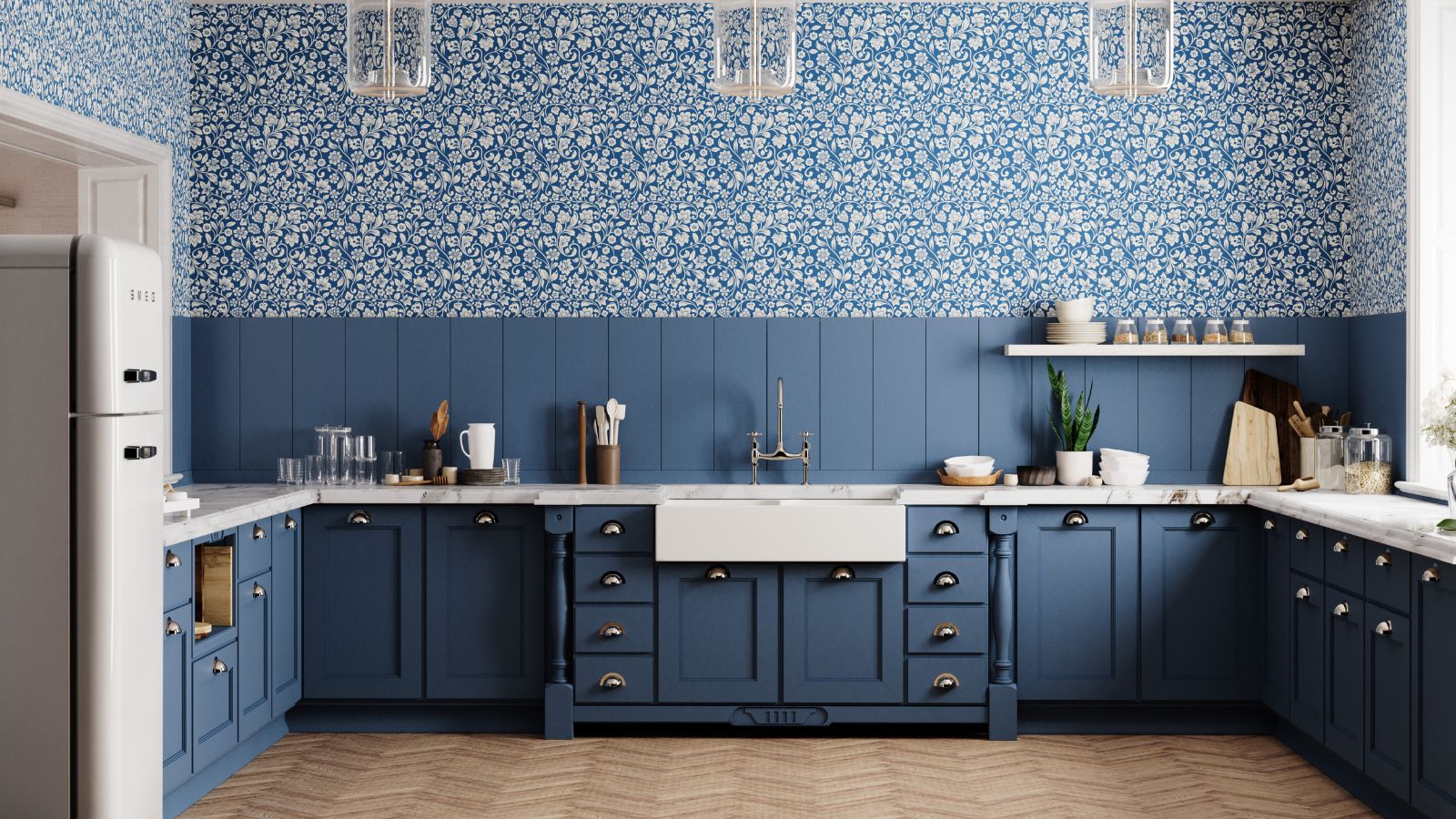 Do cleaning products expire? Professional cleaners warn time could make them ‘less effective, and in some cases, irritating to use’
Do cleaning products expire? Professional cleaners warn time could make them ‘less effective, and in some cases, irritating to use’For the best results, it pays to stay on top of the timeline of your cleaning products
By Chiana Dickson Published
-
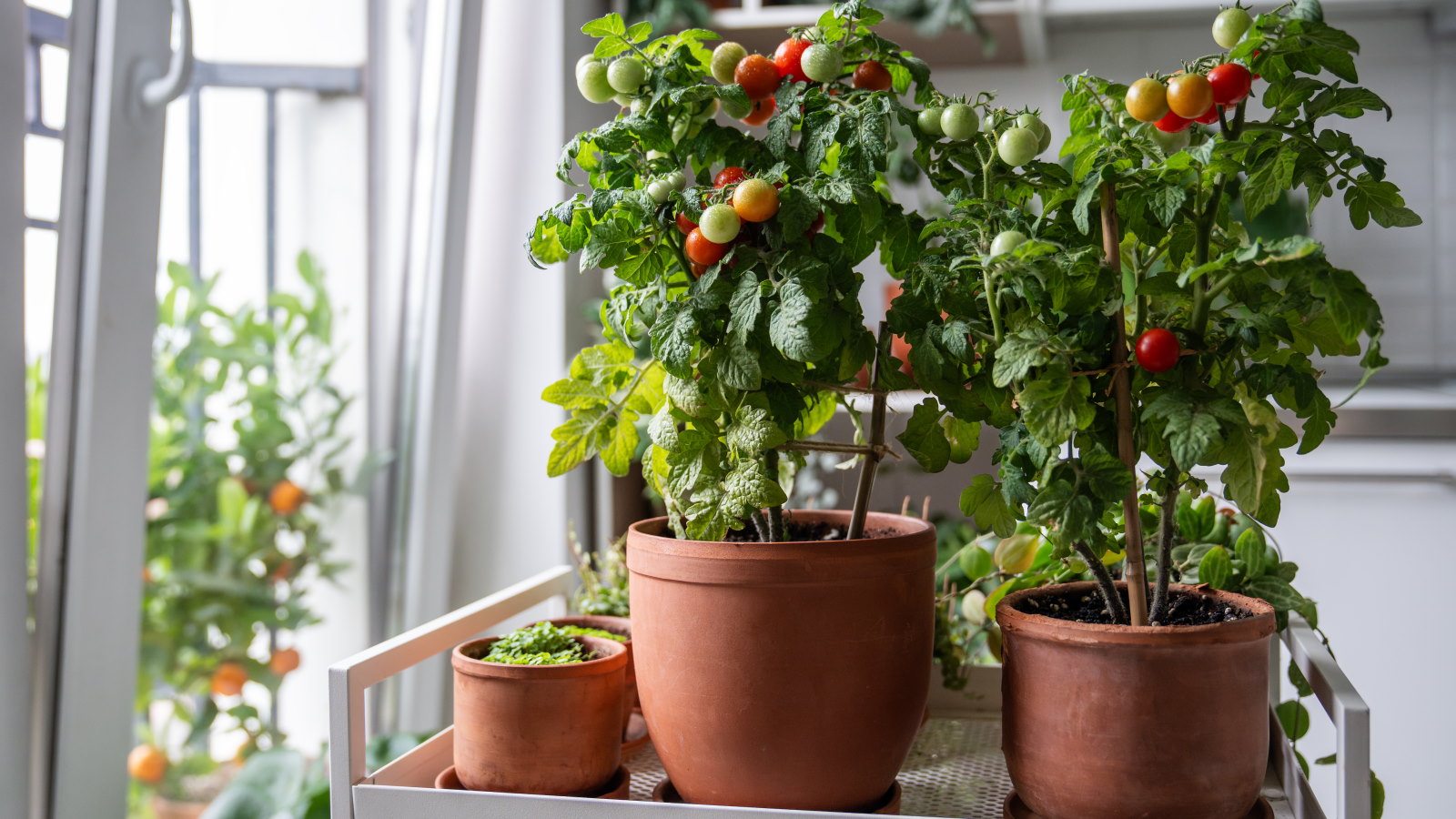 7 of the best tomatoes for growing in pots - expert growers pick their top varieties ideal for large harvests from containers
7 of the best tomatoes for growing in pots - expert growers pick their top varieties ideal for large harvests from containersYou can enjoy bumper homegrown harvests in small spaces
By Drew Swainston Published
-
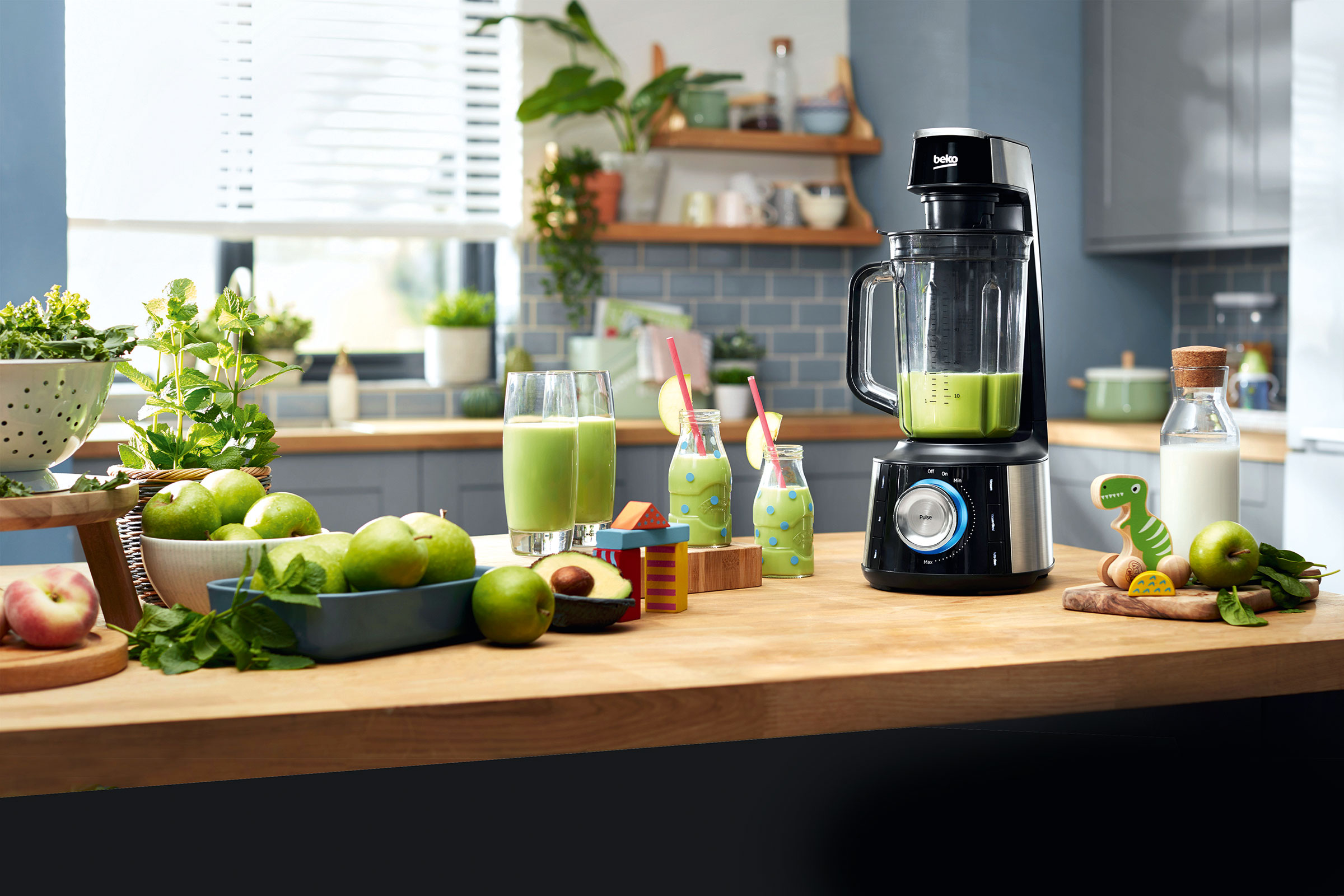 How to clean a blender – keep it hygienic and make it last
How to clean a blender – keep it hygienic and make it lastIt’s a hard-working kitchen appliance, so find out how to clean a blender with our guide
By Linda Clayton Published
-
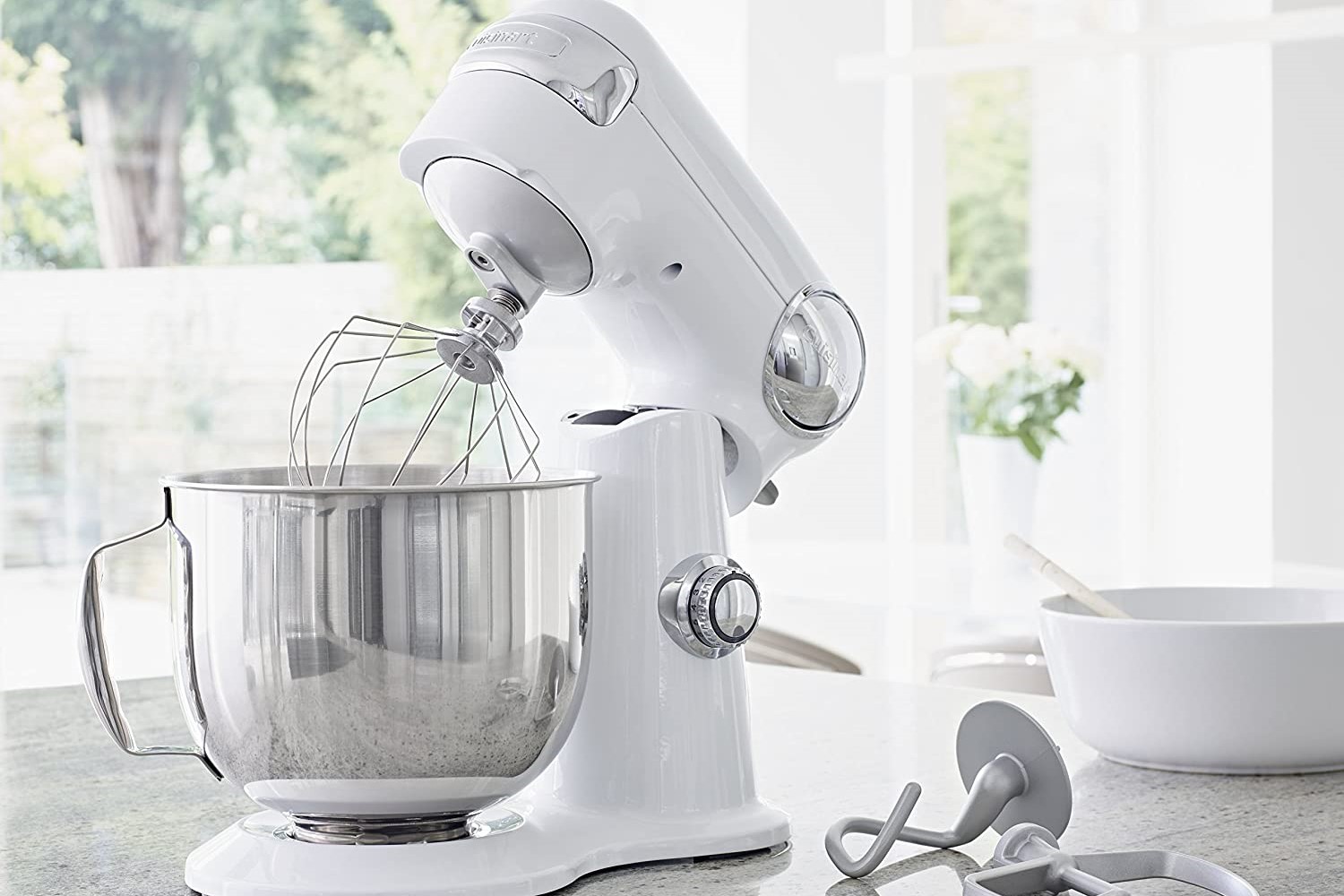 How to clean a stand mixer – 5 simple steps to streak-free shine
How to clean a stand mixer – 5 simple steps to streak-free shineWondering how to clean a stand mixer? We've condensed the process into 5 simple steps. Here is everything you need to know...
By Millie Fender Published
-
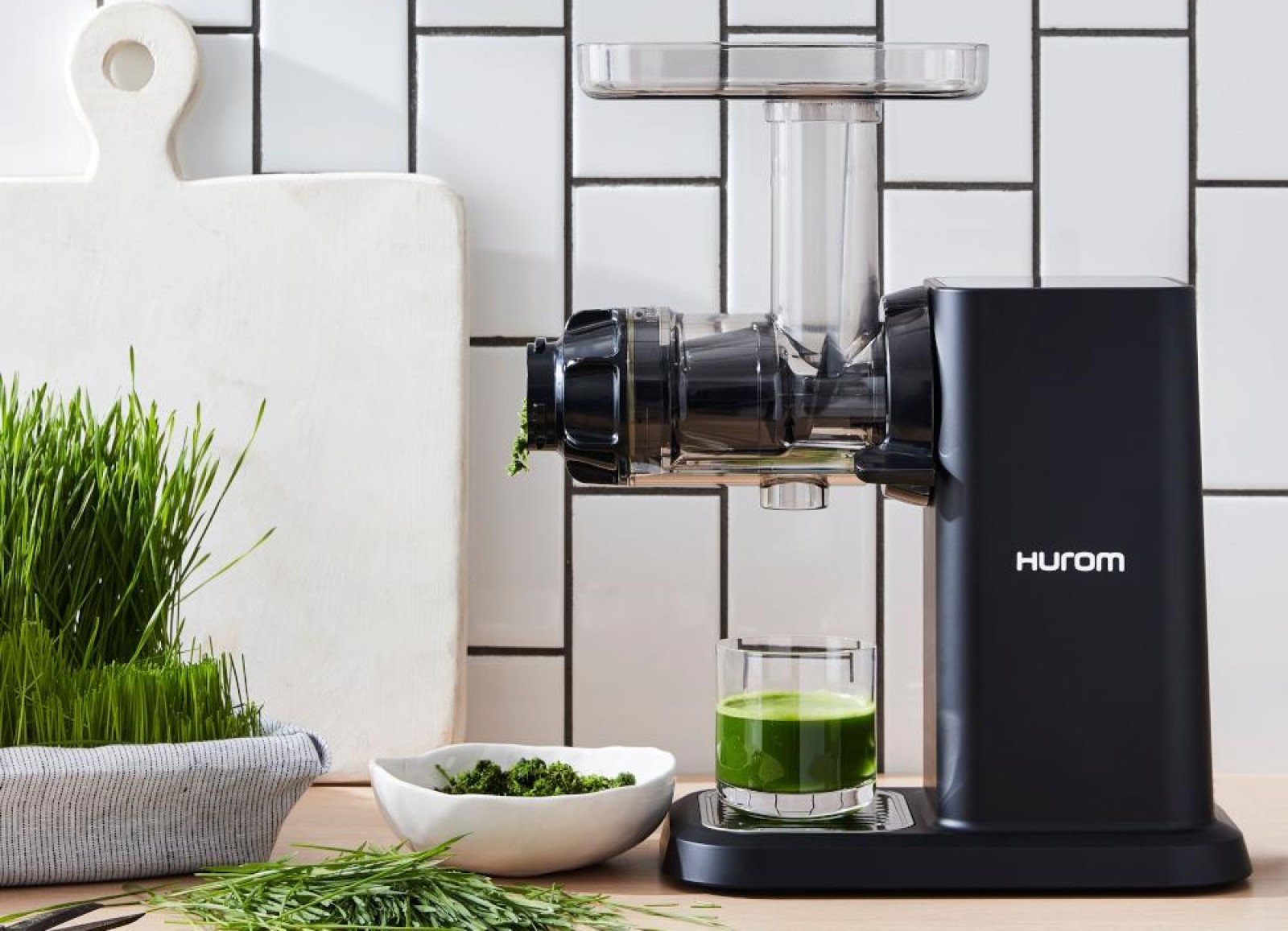 How to clean a juicer – 5 tips to make juicing clean and easy
How to clean a juicer – 5 tips to make juicing clean and easyIncluding advice for centrifugal and cold press juicers, here is how to clean a juicer
By Millie Fender Last updated
-
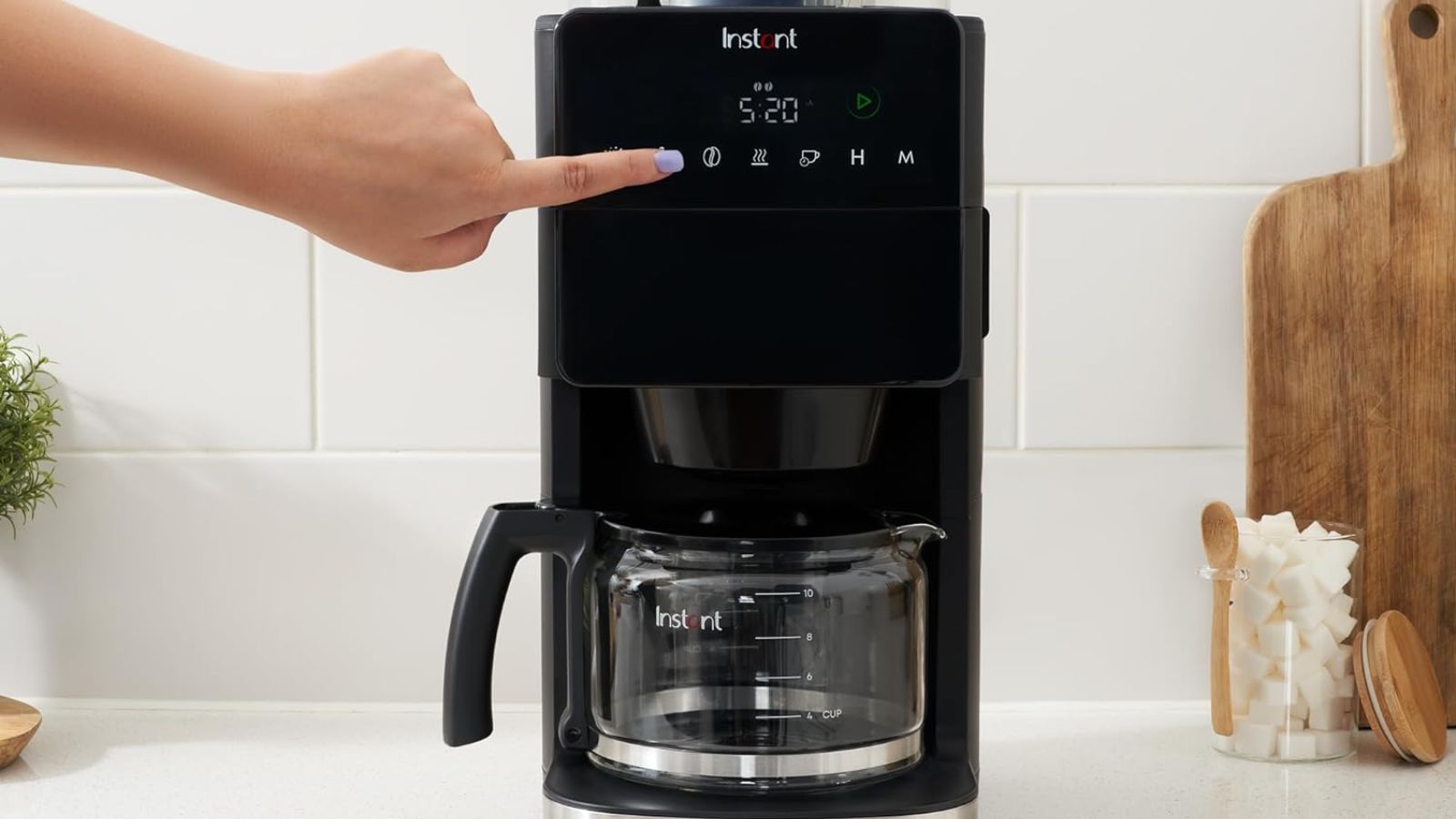 How to clean a coffee maker – and why you shouldn't use vinegar
How to clean a coffee maker – and why you shouldn't use vinegarThis is when and how to clean a coffee maker for the best-tasting brews, and why vinegar can damage your machine
By Ruth Doherty Last updated
-
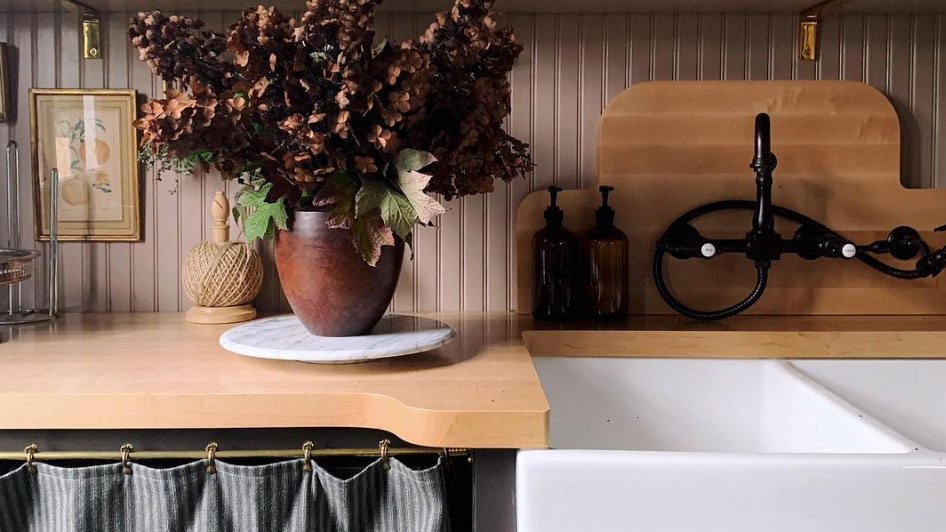 Using white vinegar in laundry – to deodorize and brighten clothes quickly
Using white vinegar in laundry – to deodorize and brighten clothes quicklyThinking of using white vinegar in laundry? This simple ingredient will leave you with soft, odorless clothes, instantly
By Megan Slack Published
-
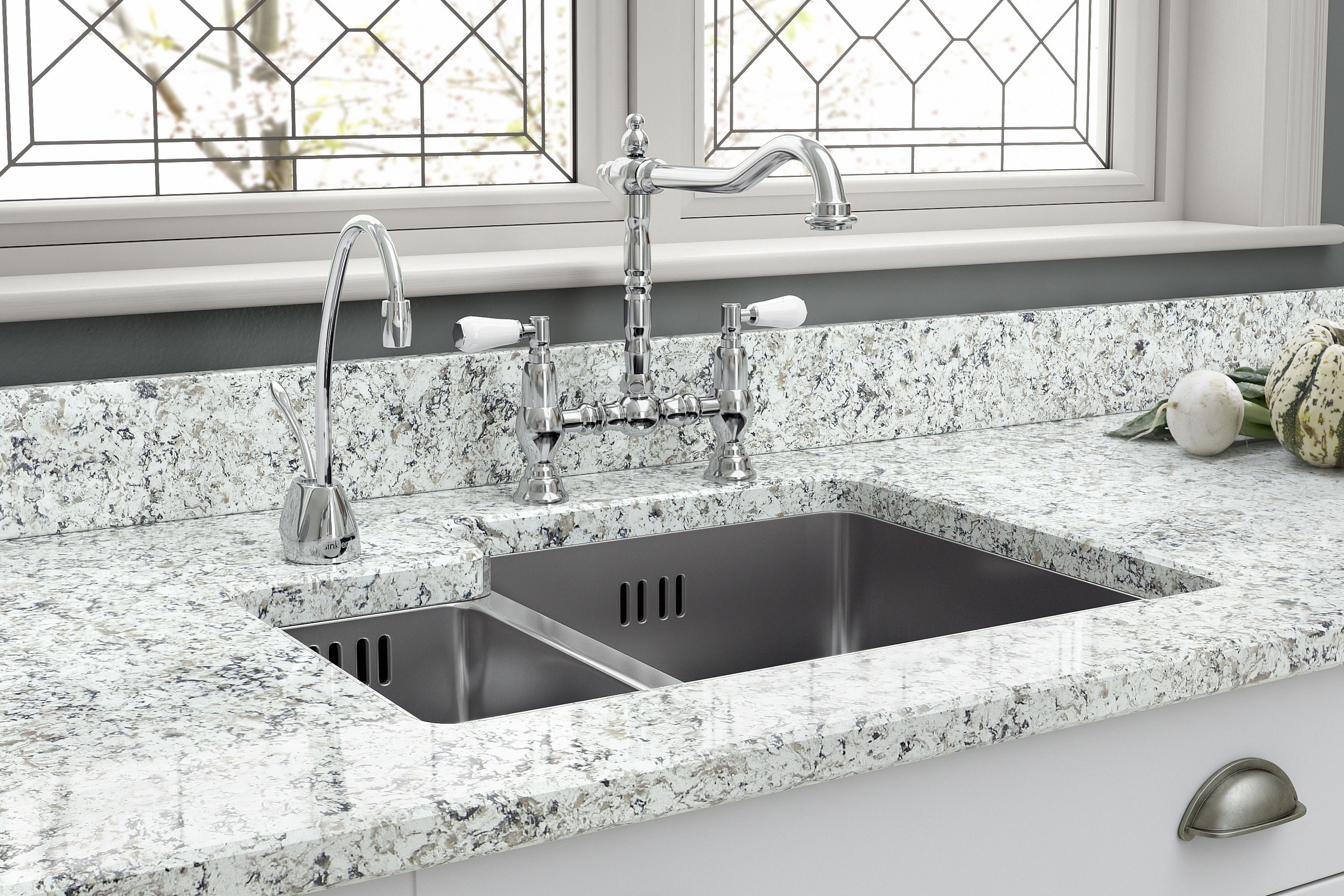 How to clean a stainless steel sink – 5 steps to a streak-free shine
How to clean a stainless steel sink – 5 steps to a streak-free shineDiscover how to clean a stainless steel sink so it sparkles like it’s brand new
By Sarah Warwick Published
-
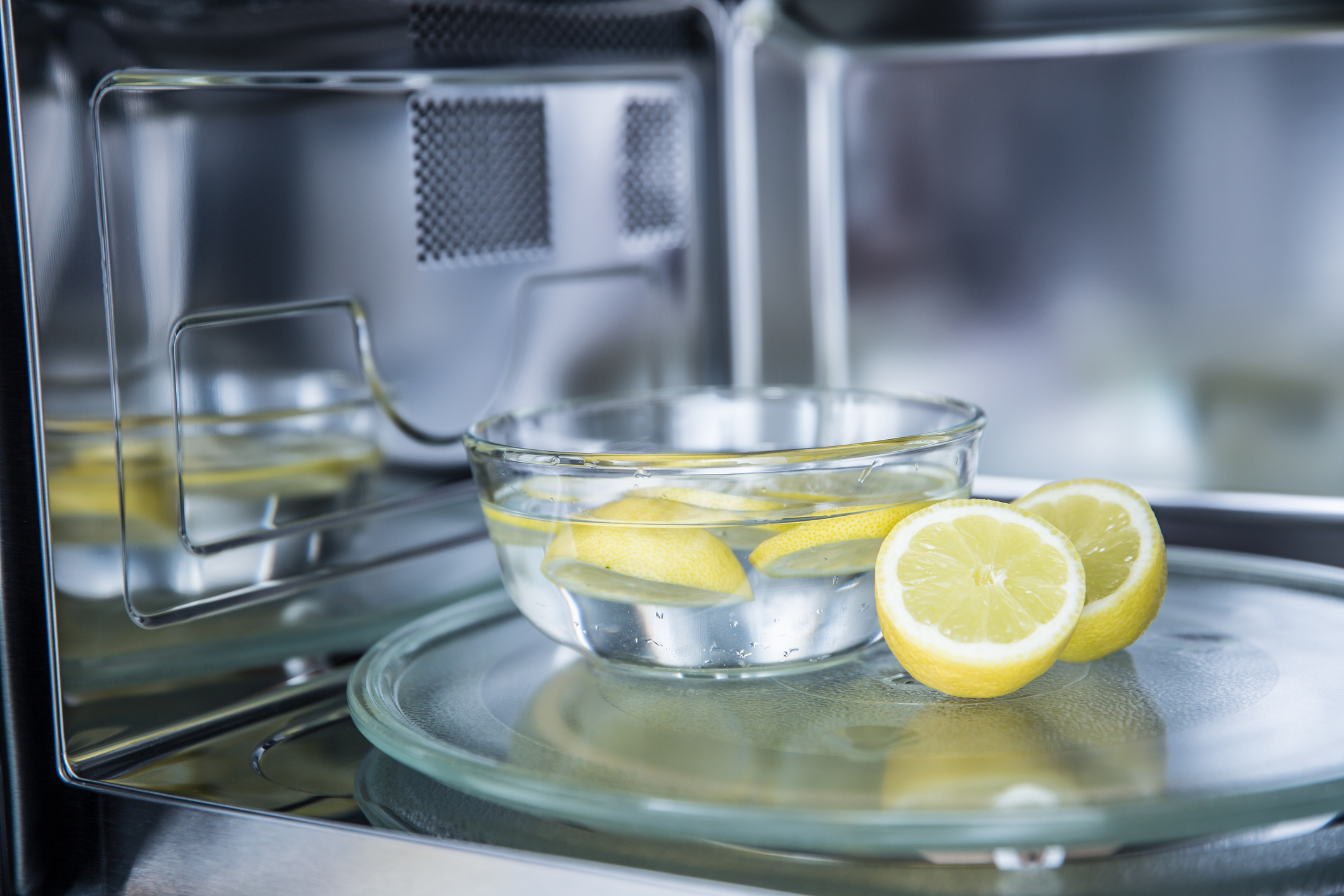 How to clean a microwave – easy ways to get it spotless with vinegar, lemon and more
How to clean a microwave – easy ways to get it spotless with vinegar, lemon and moreDiscover the experts’ advice on how to clean a microwave and rid it of debris, splashes, and lingering odors
By Sarah Warwick Last updated
-
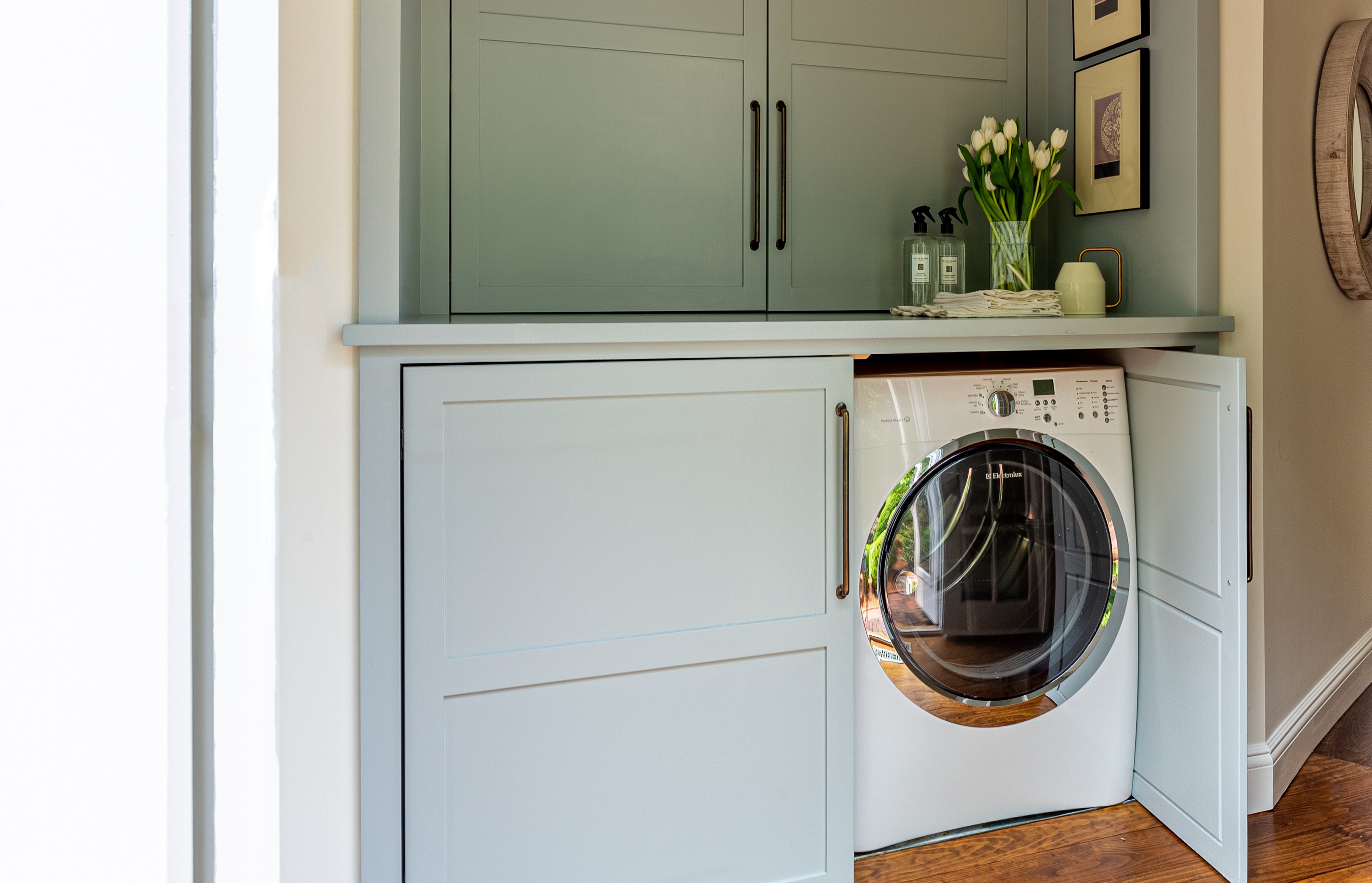 How to clean a washing machine – and maximize its lifespan
How to clean a washing machine – and maximize its lifespanLearning how to clean a washing machine will ensure it delivers its best results and lasts for longer, too
By Lucy Searle Last updated